“For the sake of a single verse one must see many cities, men and things. One must know the animals, one must feel how the birds fly and know the gesture with which the small flowers open in the morning. One must be able to think back to roads in unknown regions, to unexpected meetings and to partings which one has long seen coming; to days of childhood that are still unexplained, to parents that one had to hurt when they brought one some joy and one did not grasp it (it was a joy for someone else); to childhood illness that so strangely began with a number of profound and grave transformations, to days in rooms withdrawn and quiet and to mornings by the sea, to the sea itself, to seas, to nights of travel that rushed along on high and flew with all the stars — and it is not yet enough if one may think of all of this. One must have memories of many nights of love, none of which was like the others, of the screams of women in labor, and of light, white, sleeping women in childbed, closing again. But one must also have been beside the dying, one must have sat beside the dead in the room with the open window and the fitful noises.” ~ Rainer Maria Rilke
Everything in life can serve as an inspiration; an inspiration for healing, growth, change, transformation, but especially for creativity and arts. Small, seemingly uneventful daily events, large and dramatic situations, all kinds of emotions and past traumas, people, beauty, nature, our inner world, all the memories … Most definitely, inspiration is often found in difficult, painful and challenging life events. As Rilke is saying in this quote, we need to have memories of many events, and be able to think far back into the past. Today’s post is a little different than the others. Namely, through bringing back some of my own far past memories, I came across an inspiration for this offering. And, if you wish to find a direct connection between the events I am writing about and the addiction and recovery - well, just think of how below described events would (and did) affect people’s wellbeing and livelihood, their mental health, and their ability to deal with stress, anxiety, isolation, depression.

In one of the recent essays I briefly mentioned NATO bombing of Serbia in 1999 and what consequences it had on people and my home country. Everyone in Serbia remembers where they were and what they were doing on March 24th, 1999 - the day when the bombing started. I was twenty years old at the time and was getting ready to go to the theater and watch a performance by a visiting group from Belgrade, I can’t remember the name of it. As I was getting ready, my mother all surprised said": “Where do you think you’re going? We’re about to be bombed any minute now!” And, let me just tell you that we have been told that the bombing will happen on so many previous occasions earlier that year, that we just didn’t believe it anymore. It was like the story of the boy and the wolf - there is no believing a lier even when he speaks the truth. However, this time was real. At 7:45pm civil defense sirens went on and TV and radio broadcasted the warning of an air attack. It was about 8pm when the first hit happened. It became real when the detonations echoed. In the beginning, we were all in disbelief. For a few weeks we just didn't want to accept our new reality. The true fear was yet to come, and soon surround the whole country. After a week no one thought that the bombing is ever going to end. However, the feeling of helplessness among Serbian people in the attempts to “fight” the biggest military force in the world and basically, the invisible enemy, didn’t last that long. After all, we earned the title “Crazy Serbs” for a reason. People would be out in the streets with printed signs, some would even put on themselves printed target signs and every night stand outside as human shields, and many stopped going to shelters after a first few weeks.
During my undergraduate studies (in Novi Sad, my hometown) I worked at the well-known (at the time) advertising agency - Hammer Creative - that have done a lot of progressive, unique and creative work in our country, as well as in the region. One of their projects (inspired by the NATO bombing) was called “Windows 99” and it depicted - in a most clever, humorous, and creative way - some of the difficulties that people were facing during the bombing. They’ve used some of the world well-known brands to portray - and send the message - how this unfortunate event affected the country and Serbian people. The agency has been, since, closed, as the dear owner passed, but this particular project stayed with me all these years.
Inspiration. During the seventy-nine days of bombing, we often didn’t have electricity. At times it would be known when to expect it back, but most times not. We were encouraged not to use elevators in the buildings, as we would not know when the power outage will happen and we might stay trapped for hours. Additionally, we all had massive amounts of candles in our homes so that we are well prepared when the power outage happens. Interestingly, when there is no power, there aren’t so many distractions around us, and, instead, there are so many opportunities to connect and spend quality time with friends and family - of course, with rakija (and on some rare occasions, Ballantines), as Serbians would use any opportunity to have a drink and socialize.
Always. During the bombing, Serbia faced various sanctions, including trade and financial aid bans, as well as a ban on exporting oil. There was not enough gasoline available, and people would have to figure it out on their own how to get it. Additionally, most people were facing poverty during this time and therefore, were forced to steal gasoline. One of the (lawful) ways to get it was to buy a smaller amount from a gas station (a rare one that would have it from time to time), or your neighbor or a friend, and then funnel it into the gas tank. For this purpose, plastic bottles were used, and most of all - big, two liter, Coca Cola bottles. What an odd choice, right?! To use one of the most adored products that originates from the United States - the country that has the most saying and power of all other countries in the NATO alliance. But that’s just how we Serbians are - full of contradictions.
Shelter. We can’t forget about our beloved animals and pets, and what they had to endure during the bombing. At the time, I had a pet iguana, Louis, that would get nervous and restless each time the planes were close by and about to hit. I often wouldn’t hear them at first, but he always somehow sensed them. Just like in any other situation of a natural disaster where animals can sense when something is wrong, when earthquake or tsunami will happen, just like that … Poor thing, Louis got completely traumatized during these events, and soon after, died.
Not so good year. NATO operation was supposed to target only military objects - or so we were told. However, many civilian objects were damaged, and some completely destroyed. During the time of the bombing I lived in the apartment in which I grew up, closely to my elementary school. I used to walk to school every day. I will never forget the day when the bomb hit the ground between my elementary school and the building next to it. I was coming back home from a friend’s house and I was riding my bike. The target that was hit was maybe 500 meters (550 yards) away from me. The whole ground was shaking so much that I fell from my bike. Heart in my throat. I was so shaken. But I couldn’t resist not checking where the hit happened. I knew that there is a military barrack not too far from my school and I started riding towards that direction. When I was near my school, I saw people gathering outside and speaking, crying, yelling … And then I saw it. A huge hole in the ground, just in between my school and the building next to it. The school wasn’t damaged too much and children were, of course, all out of school during this period. But the building … the building was split in half, where I could still see someone’s kitchen and the meal they had before they evacuated. Sad, horrific, and scary looking sight ….
Get Lucky. As it was with other sanctions, there were no cigarettes during the bombing. And no information available on when we’ll have them again. At the time, I used to smoke, and I remember buying a single cigarette from random people who would sell them on the side of the road. We would buy a few of them (as you could not get more and you didn’t have money for more, either) and bunch of us would share them. It was very similar during the Yugoslavian war in the nineties. And, again, there is something sweet and beautiful in all this scarcity. Something that in the times of hardship brings people together and when shared humanity takes over and puts a shadow over every challenge, at least for that one single moment.
Ride of your life. I am originally from Novi Sad - a small town in the north of Serbia. Well, it’s not that small - it is the second town after the capital city, Belgrade. However, only about 350,000 people live in it. Anyways, the pride of my hometown is the river Danube that flows through it, as well as its beautiful bridges. During the bombing, NATO was targeting infrastructure points, and bridges - all bridges - were destroyed. This particular bridge on the photo was (and still is) called the Bridge of Freedom (Liberty Bridge), and it was my favorite of all. I used to go and drive fast on it, late at night whenever I felt sad, lonely or upset. It would always somehow bring me back that sense of carefreeness, give me hope and lift me up. I remember when it got hit. We received the news that the bridge was down, and a bunch of us decided to go and visit the site. It was a sad, defeating sight … we all stood there in silence, each recalling our own memories that we had with this (once) compelling and powerful structure.
Let’s make things better. NATO operation destroyed and/or damaged bridges, industrial plants, hospitals, schools, television and radio stations, cultural monuments, private businesses as well as barracks and military installations. On the evening of April 23rd, 1999 bombing of the Radio Television of Serbia headquarters occurred. Over a dozen employees were killed and the building was destroyed, by a missile attack. For me personally, this piece brings up something else additionally. During the Yugoslavian war, as well as the bombing, Serbia did not have open and free public media. Propaganda was used by the government, as a tool, to turn Serbian people against the other - be it Croats, Bosnians, Americans ... There was no freedom of speech, and those who would dare to open their mouth and speak against the system, would disappear overnight. Without discussing further the reasons for the NATO attack as well as Serbian political regime at the time, it is important to mention that people of Serbia were facing the danger of the NATO bombing as well as their own government - unable to fight either of the two.
It’s not a game. NATO bombing of Serbia carried on for seventy-nine days. It left a significant damage in the country’s economy, and prosperity. Moreover, it left hidden, but equally significant scars, in Serbian people and their lives. I can’t speak on behalf of those who lost their homes or even dear ones, but I can speak from my own experience. For a very long time, I didn't feel much after the bombing. Even fear dissolved. However, a few years after, I have noticed a strange body reaction each time I would hear a plane flying by. It was a sense of disturbance and trembling in my chest, and it took me some time to recognize that this was a post traumatic reaction to bombing. Earthquakes (and I have experienced many of them, being that I lived in Hawaii and California for a while) - they almost always trigger a response in my body similar to the one from carpet bombs that we experienced during the bombing. Overall, when you think about it, it’s completely fucked up that one should learn in their lifetime a difference between carpet bombing and missile attacks, and would hone in their sense of hearing this way. My heart goes to those who live in the areas that have been bombed for much much longer than seventy-nine days.
Safe mode. And, finally, the windows. These are the windows of Novi Sad, my hometown. Many of them were either broken or taped. My grandparents were still alive during the bombing, and living in their beautiful, spacious and light-filled apartment next to the river Danube. Their whole one wall was filled with windows and facing the river. They were also facing the two bridges that were bombed as well as the oil refinery. Most of their windows were destroyed during the bombing, before we got to learn that we need to tape them in order to preserve them, hopefully. This certainly altered their view. Although, the view was already so transformed, adulterated, that they were better off with taping the windows as one would close their eyes to what’s in front of them.
It’s been over two decades since the bombing. Some of the scars are still there; many memories will remain forever. Not one of the “Crazy Serbs” will probably ever forget this event. But, I think - I want to believe - that the hatred and blame have subsided, that people can endure many things in this life, and that anything that is human, somehow, is also manageable. And not only manageable, but also inspirational. Anything in this human life can move us, inspire us, and motivate us. But, as Rilke says, one needs to be able to forget memories when there are many, and have patience to wait until they come again; and, they will.
“And still it is not enough to have memories. One must be able to forget them when they are many, and one must have the great patience to wait until they come again. For it is not yet the memories themselves. Not until they have turned to blood within us, to glance, to gesture, nameless and no longer to be distinguished from ourselves — not until then can it happen that in a most rare hour the first word of a verse arises in their midst and goes forth from them.” ~ Rainer Maria Rilke




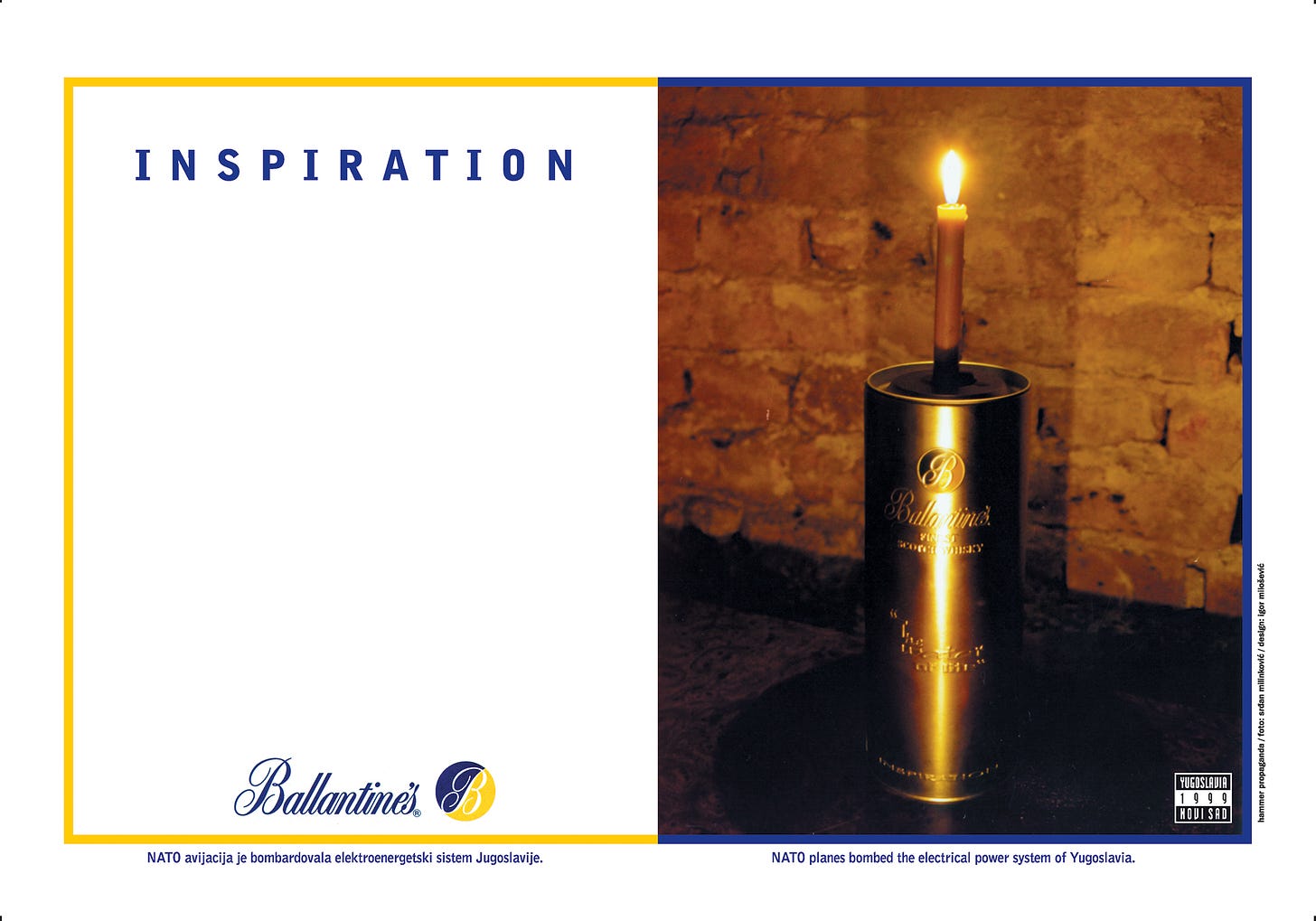
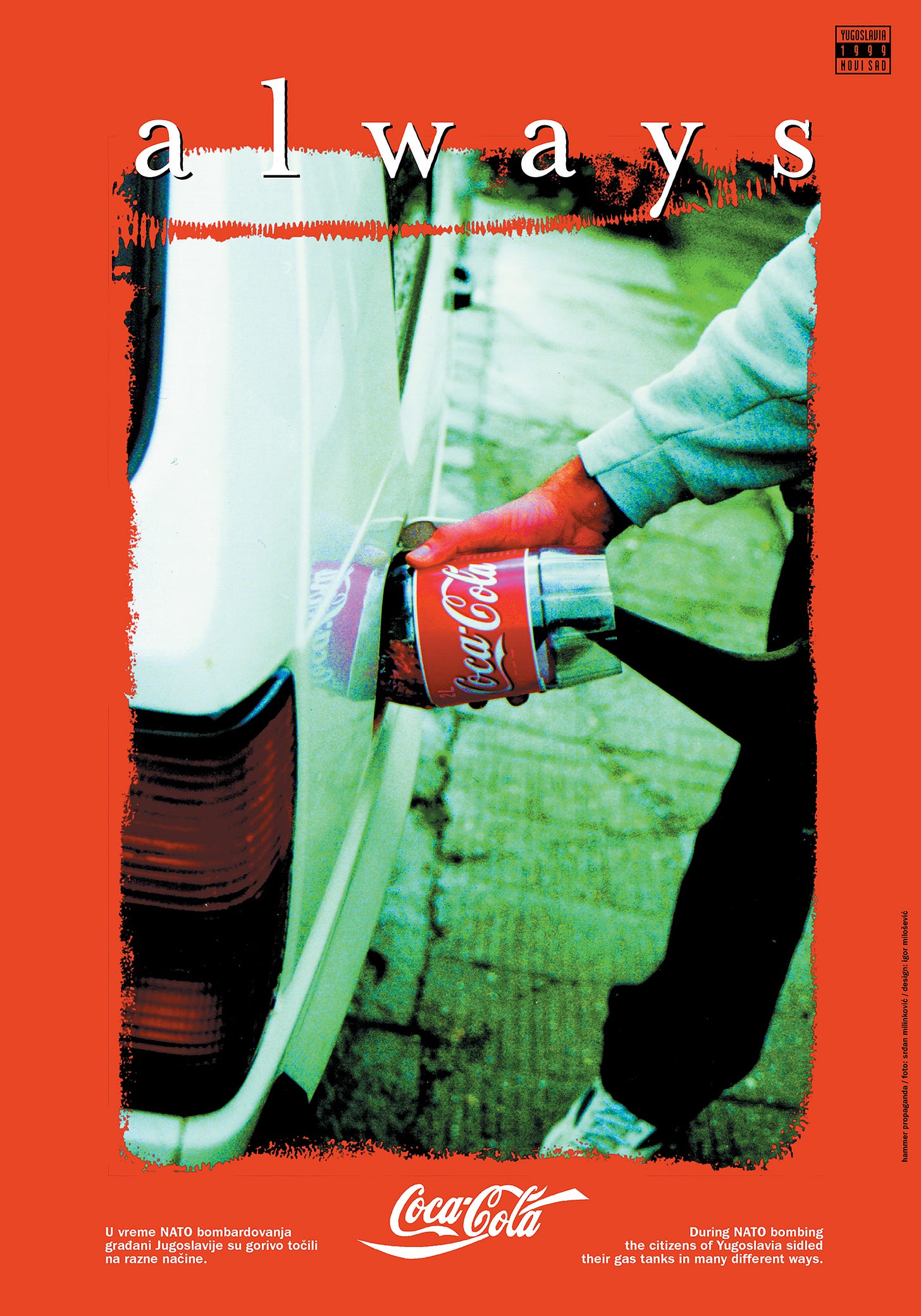
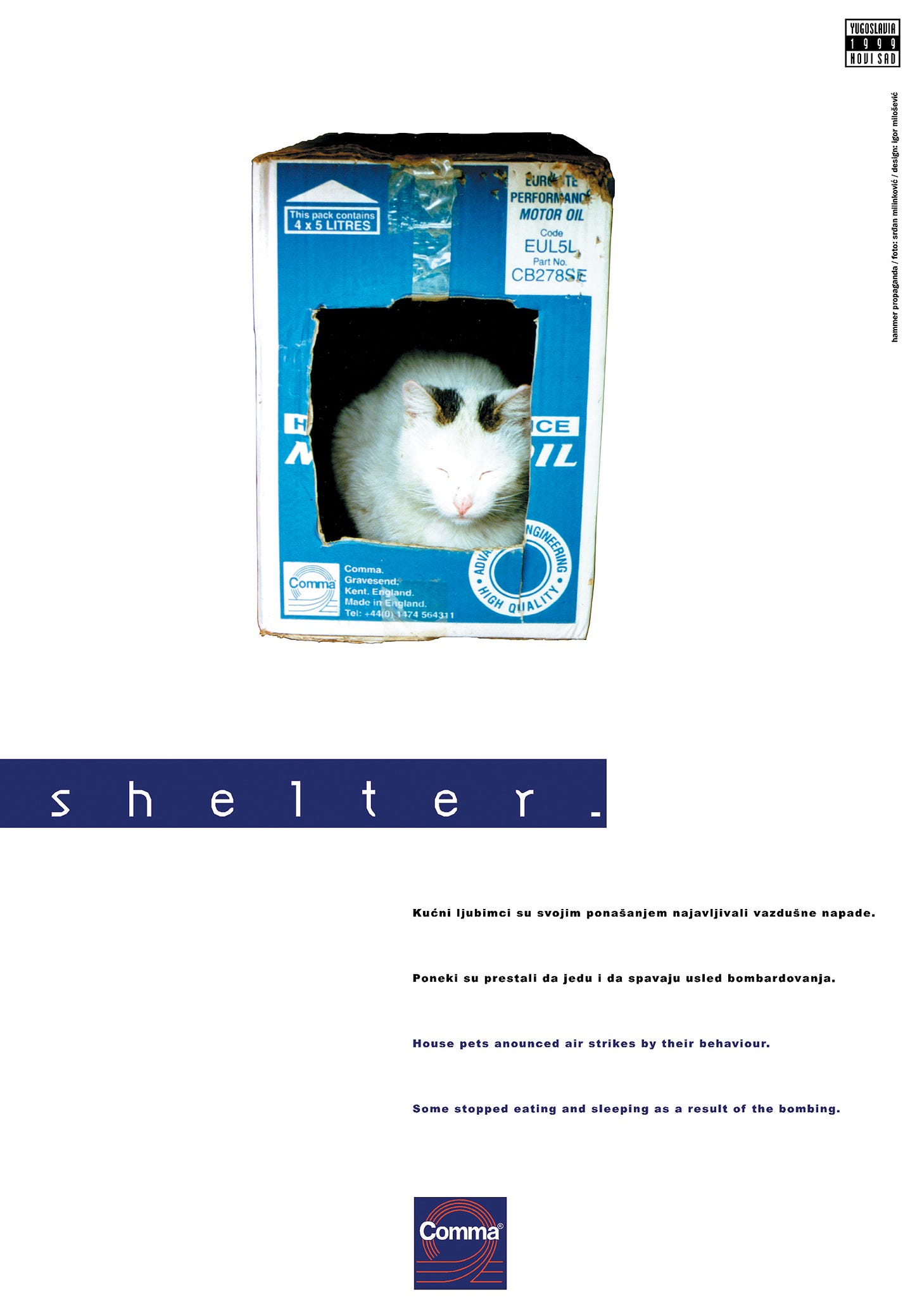
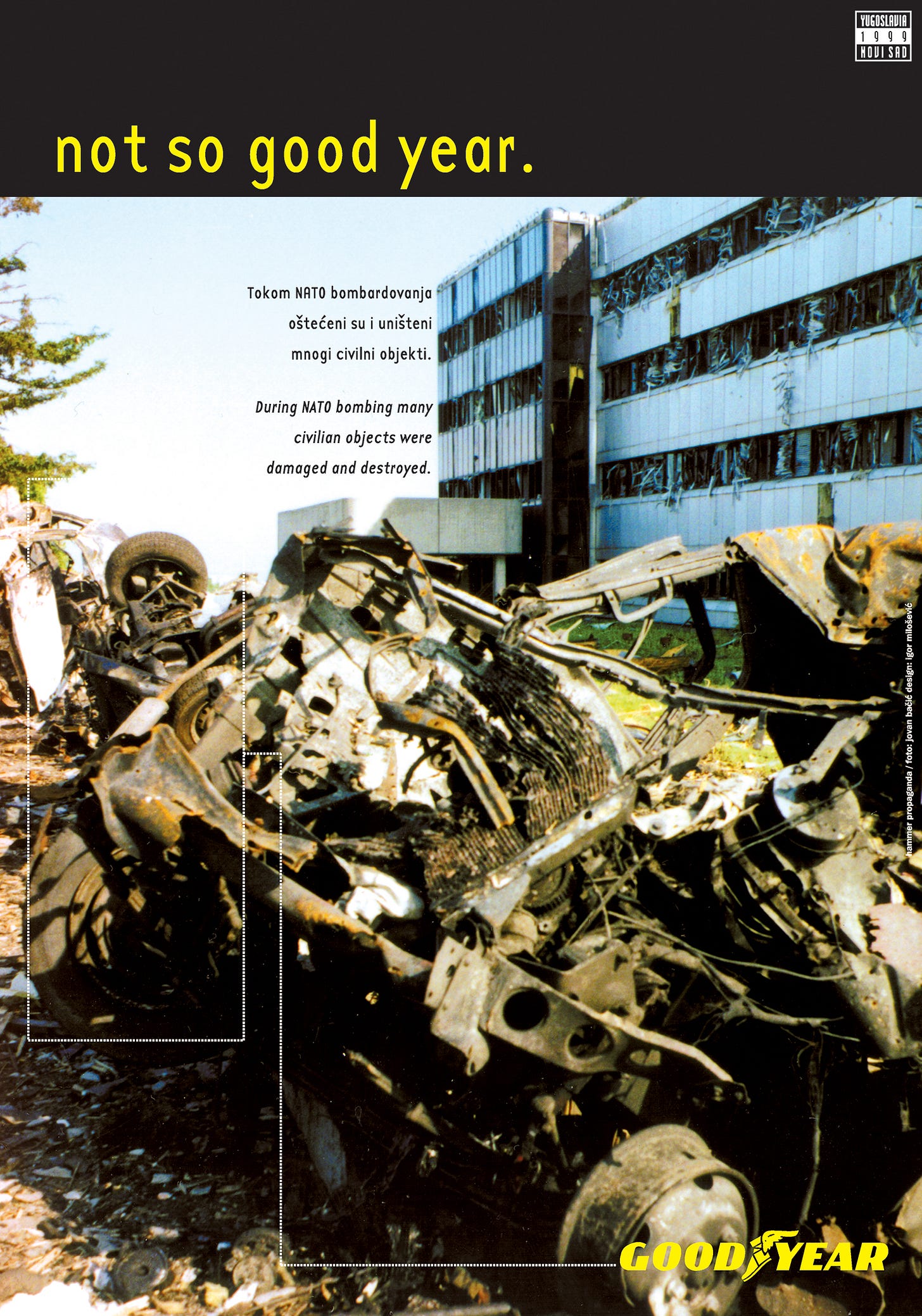
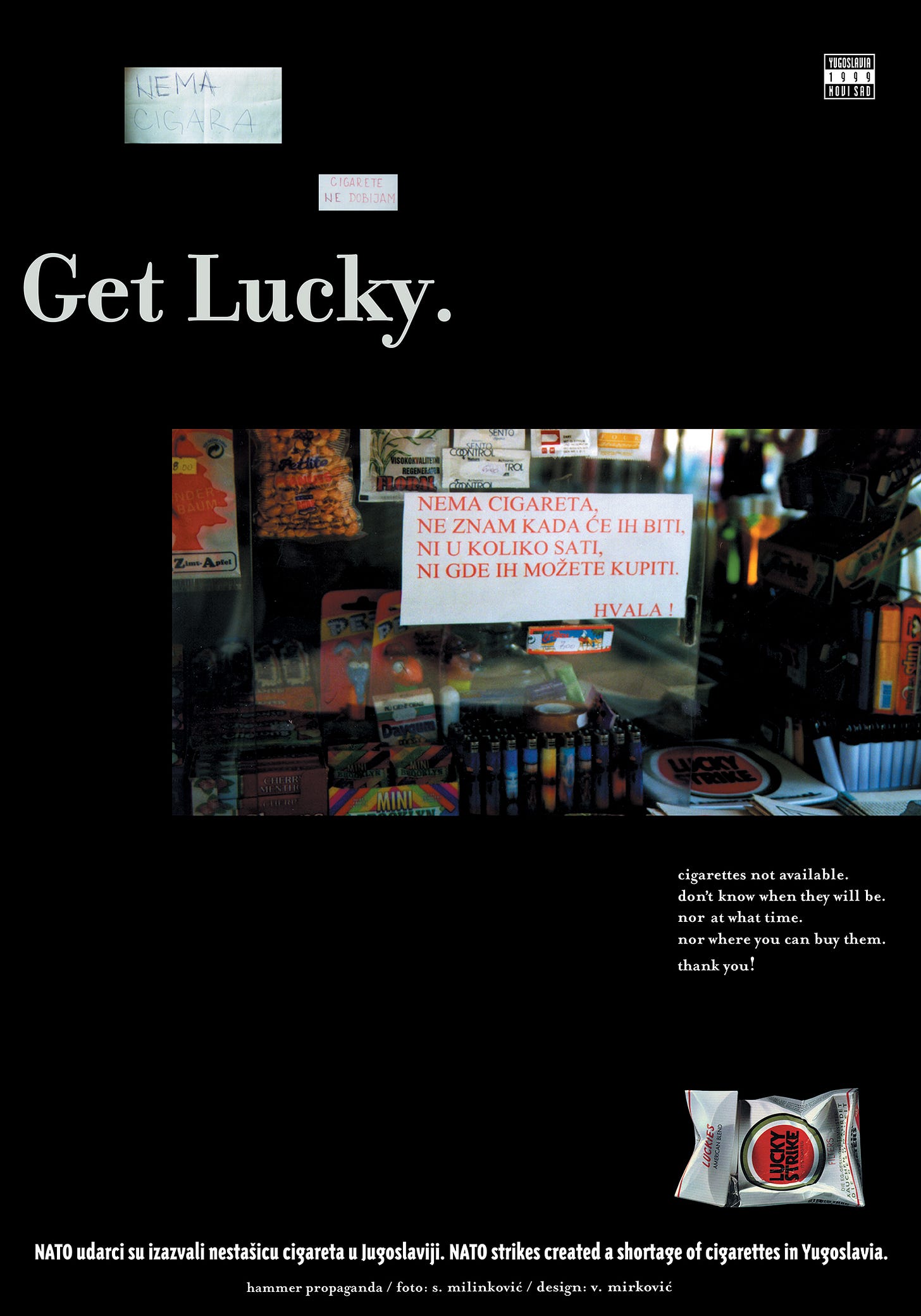

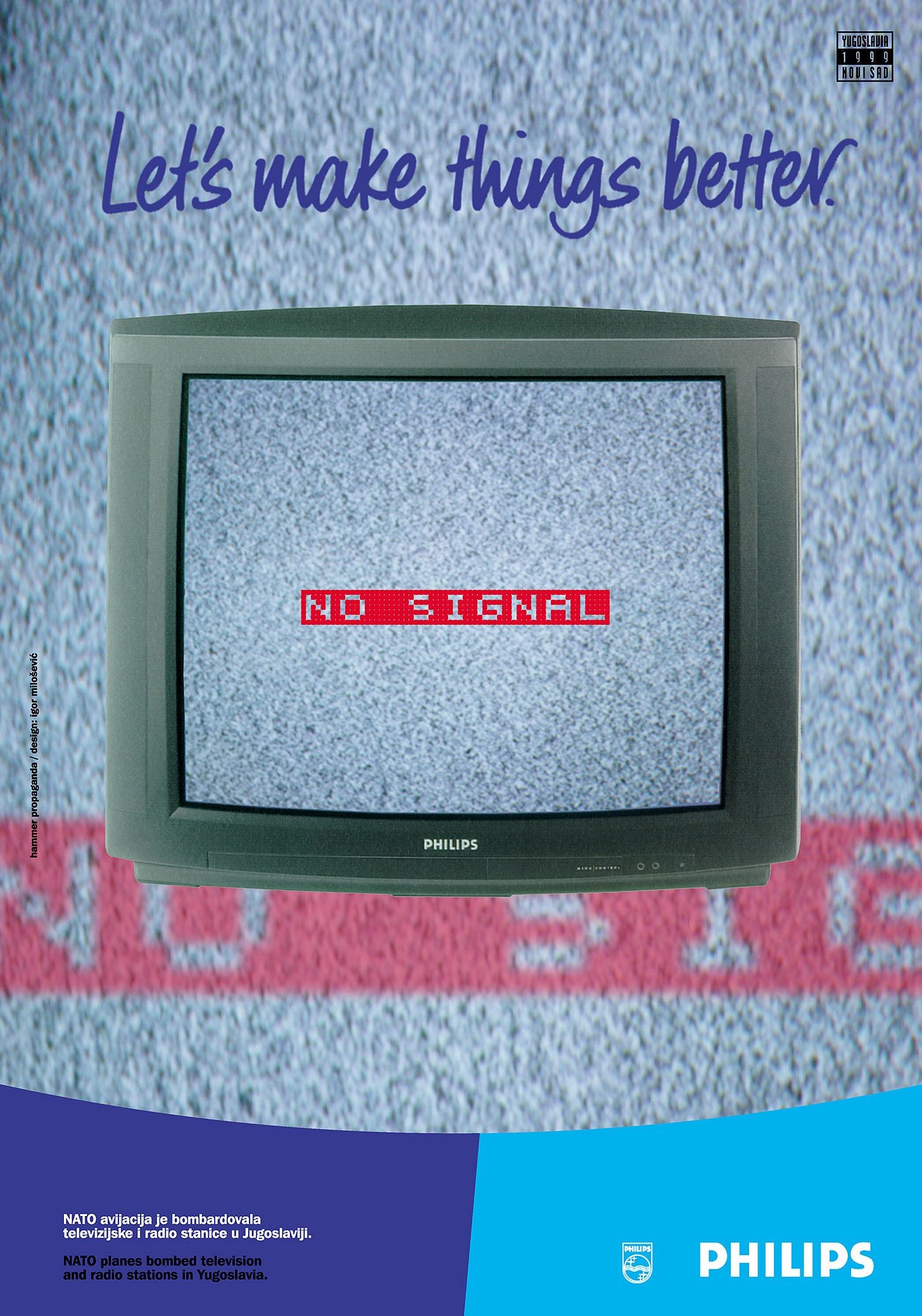
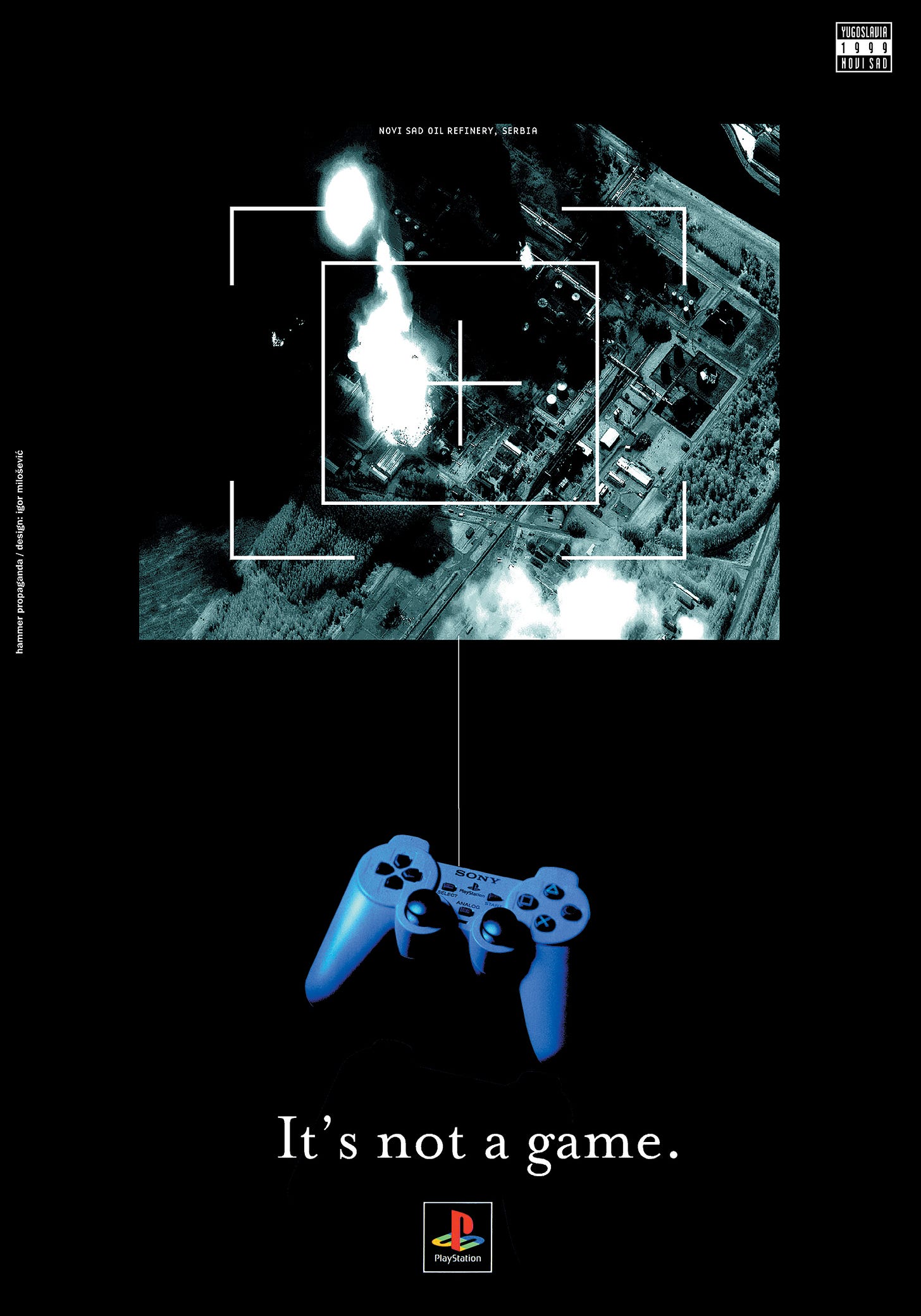

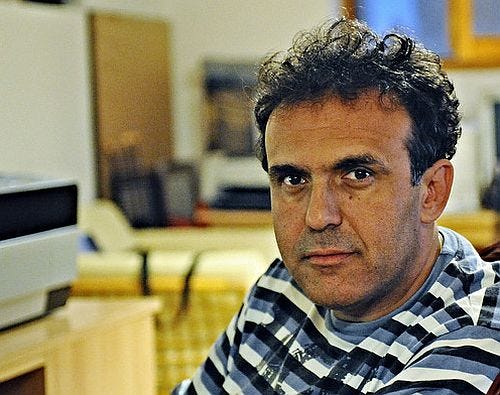
Beautiful, complex...I felt like I was in a museum of your mind/soul.